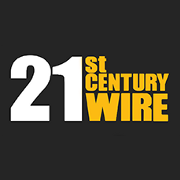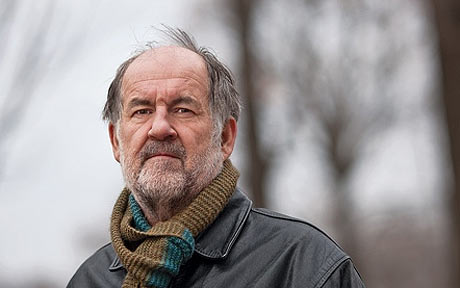How Much Is Tulsi Gabbard’s Reputation Worth?
Tulsi Gabbard’s defamation action against Hillary Clinton, which was filed last month, has provoked a mixed reaction. Die hard Clinton supporters and the very few who don’t like the Congresswoman from Hawaii regard her filing the suit with contempt. Everyone else believes it is justified.






